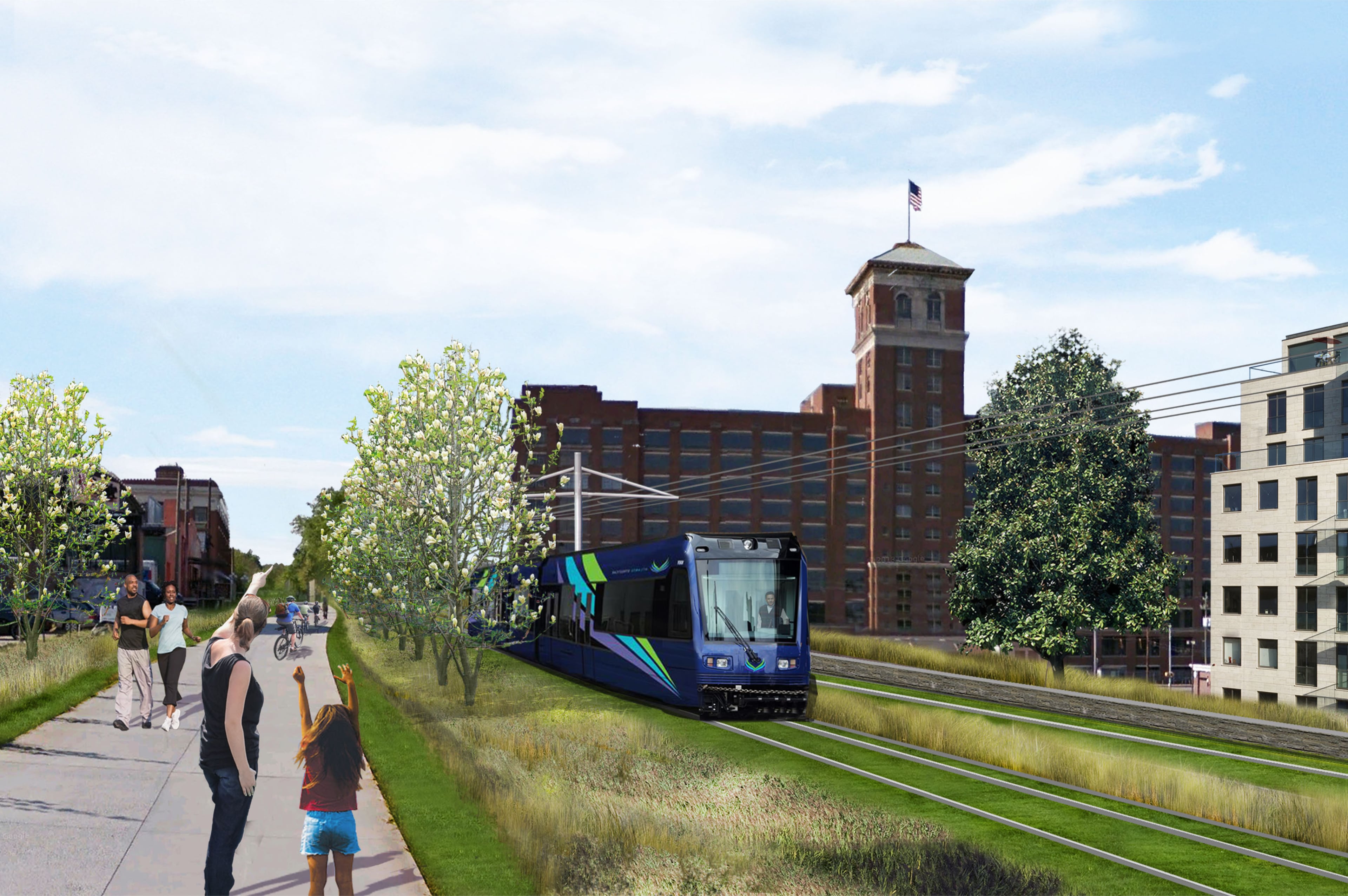
Students who attend historically black colleges and universities take out student loans at higher rates and graduate with substantially higher debt than peers at non-HBCUs, according to a study from the United Negro College Fund's Frederick D. Patterson Research Institute.
Students borrow at greater rates and borrow larger amounts, seek loans from more costly sources and encounter more obstacles repaying loans.
In 2012, about 25 percent of HBCU bachelor’s degree recipients borrowed $40,000 or more. That compares about about six percent of other students.
For federal loans only, an average HBCU student carries $26,266 in debt, compared to $14,881 for students at other colleges and universities.
“Student loans have become one of the primary ways students pay for college, but for students at HBCUs—many of whom are first-generation college students or who disproportionately come from low-income families and have less access to financial resources—the reliance on student loans is far greater,” said Dr. Brian K. Bridges, who leads the research institute.
Growing college debt has been a problem that has affected everything from depressing home purchases by recent graduates to deflating the economy as more of graduates' money goes to paying off debt.
Many top HBCUs are private and often expensive. For example, a year at Spelman College in Atlanta can cost about $40,000 for a student living on campus, according to Spelman's website.
The report ask policy makers to reduce the complexity of qualifying for federal student aid eligibility, more grants in aid and work study based on need and reduce the cost of federal loans.



